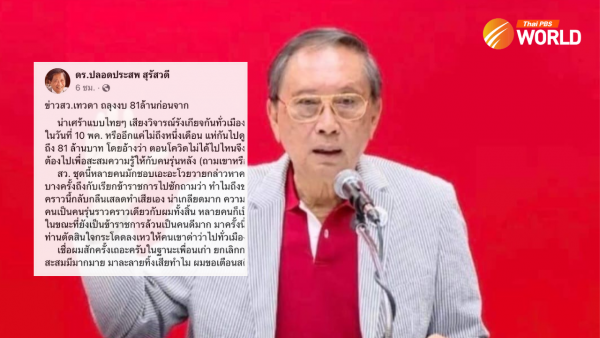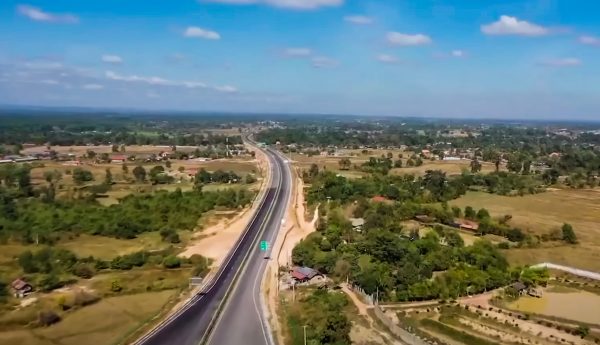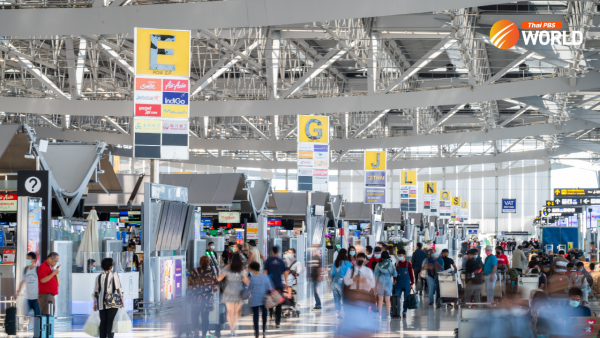Prayut cements power in 2020 after fending off eviction effort

The anti-establishment movement’s dream of seeing Prime Minister General Prayut Chan-o-cha ousted from office was shattered at the Constitutional Court in December.
The premier was at the centre of a conflict-of-interest case stemming from his occupation of an Army residence despite retiring in September 2014.
On December 2, the court ruled that Prayut could continue living in the residence in his capacity as former Army chief – not as premier – as per Army regulations. The court also said that Army regulations allow Prayut other special privileges.
The former Army commander has been living in the military residence since retiring a few months after leading the May 22, 2014 coup to oust an elected government.
The court accepted Prayut’s defence that he needs to reside within the First Infantry Battalion compound for his own safety and also because the prime minister’s official residence, Baan Phitsanulok, is being renovated.
The case had been sent to Constitutional Court by House Speaker Chuan Leekpai after opposition leader Sompong Amornwiwat accused Prayut of breaching the charter by staying on in the Army house.
The verdict came amid escalating political tension and growing demands from the anti-establishment movement for Prayut to quit. The protest movement is also calling for a new, democratic Constitution and reform of the monarchy.

Though not quite what was expected, the verdict still had a significant impact on Thai politics.
Firstly, observers said the ruling in favour of Prayut increased the likelihood of him retaining power at least until his term officially ends in 2023. This is because the premier has the complete support of all state mechanisms – the Army, the Parliament as well as coalition parties, they say.
Secondly, the ruling triggered anger among anti-establishment protesters, who have vowed to escalate and prolong their campaign next year until their demands are met. They have also accused the court of double standards and called on the judges to step down.
Thirdly, the ruling seems to have boosted Prayut’s confidence in dealing with the ongoing protests. Following his vindication by the court, he appears to be paying less attention to the protesters’ demands.
-
Thailand’s protesters declare their 3 demands are the “utmost compromise”
-
Rubber ducks to hammer and sickle – how the Thai protest movement evolved in 2020
However, despite being spared by the verdict, Prayut has been unable to escape questions about his legitimacy.
The PM is facing fresh scrutiny thanks to former Pheu Thai member Ruangkrai Leekitwattana, who has asked the House anti-corruption committee to look into the court decision on Prayut’s living quarters.
Ruangkrai accused the premier of violating the National Anti-Corruption Commission’s regulations by accepting assets or benefits worth more than Bt3,000 from any person other than a relative. He said the electricity bill alone in the large house that Prayut has been occupying for six years must be more than Bt3,000 per month.
Allegations of a conflict of interest could return to haunt Prayut again, as the opposition is preparing to grill him over the case in a no-confidence debate expected in February next year.






